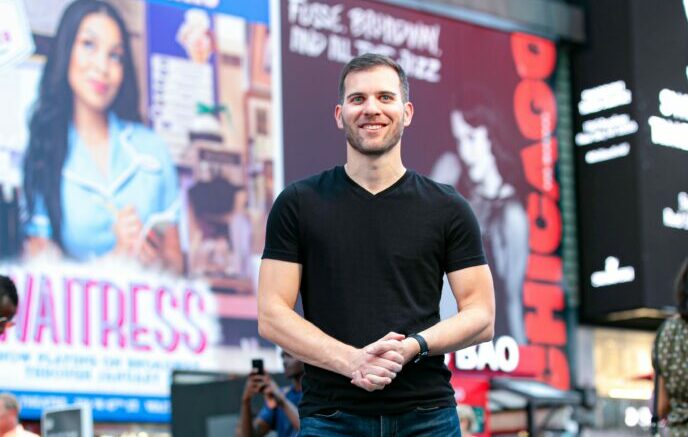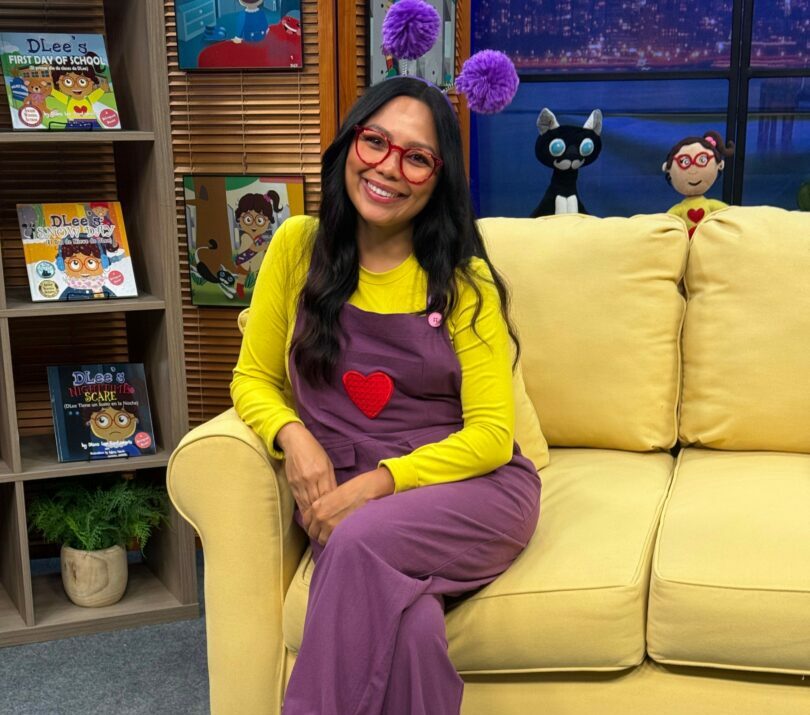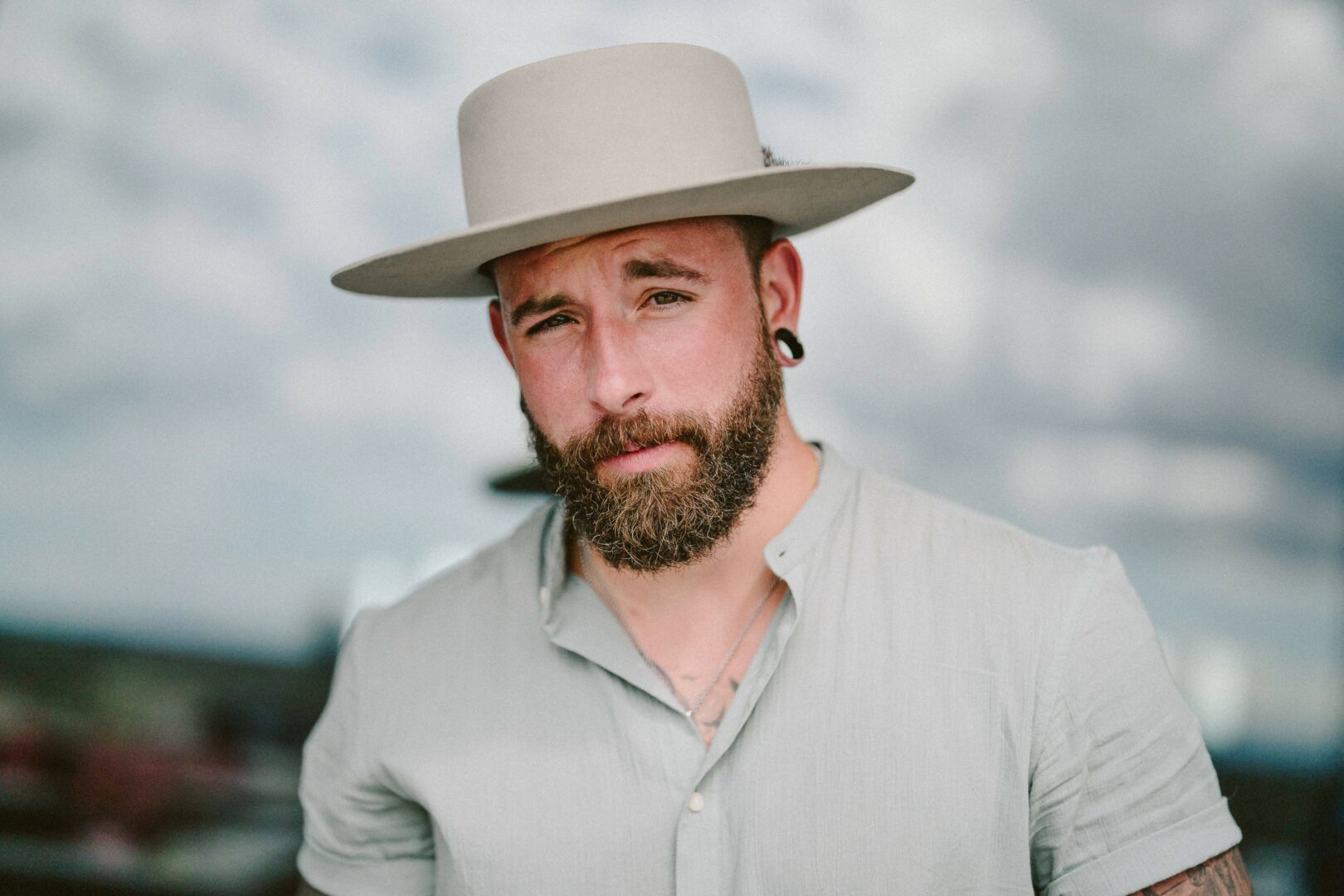We recently connected with Najmah Ahmad and have shared our conversation below.
Najmah, first a big thank you for taking the time to share your thoughts and insights with us today. I’m sure many of our readers will benefit from your wisdom, and one of the areas where we think your insight might be most helpful is related to imposter syndrome. Imposter syndrome is holding so many people back from reaching their true and highest potential and so we’d love to hear about your journey and how you overcame imposter syndrome.
I overcame imposter syndrome by realizing that the very concept itself is flawed. Through my healing journey with a somatic therapist, I learned how past events shape our nervous system, creating neural pathways that can trigger automatic emotional reactions. These pathways often operate subconsciously, designed to quickly assess safety or threats.
However, when adverse events carve these pathways, they can cause us to perceive threats where there may be none in that moment. Until we identify and heal from these adverse experiences, we may find ourselves triggered in situations where we wish we had more control over our thoughts and behaviors. This is especially true when our subconscious takes over, replaying past patterns in response to current situations.
Imposter syndrome, often defined as doubting your skills and successes and fearing that others will see through you, neglects the systemic reasons why Women—especially Women of Color, Queer individuals, economically disadvantaged, and disabled people—experience this so-called phenomenon at such a high rate. It can also be true that your nervous system is picking up on an actual past pattern in the present scenario that you have experienced and your intuition is trying to warn you. It takes a level of awareness to differentiate between the two, and a level of healing to identify and navigate the emotions that arise.
I spent nearly 15 years working in education strategy and policy at various levels. Despite being promoted every year and achieving my ideal role in Washington, DC next door to the US Capitol Building, I still felt like I didn’t belong. My dream job turned into a toxic work environment, where I experienced everything from “microaggressions” to being ostracized for asking questions, speaking up about anti-racism and equity in education.
Eventually, I was pushed out when I refused to accept a demotion in title and a change in my work stream. This was disorienting because I knew my career readiness policy & strategy work was vital, especially in the context of national economic recovery. But now I had decided I was going to go out on my own as an independent contractor. The idea of imposter syndrome would have me believe that my anxiety about becoming an entrepreneur was simply a lack of self-belief, ignoring the systemic & cultural factors that undermined my confidence in my expertise.
When I left my 9-to-5 job in 2021, I began healing from my achievement addiction and realized that my nervous system had been reacting to systems designed to repress, exploit, and exclude me. I developed sciatica as a physical manifestation of this stress. Once I had the space to reflect, I questioned why I was so afraid of going out on my own. Why couldn’t I just believe in myself more to make this feeling go away?
But was it really imposter syndrome when I became hyper-aware of my tone in emails, or was it because early in my career, I was reprimanded for something as trivial as not using an exclamation point at the end of a sentence? Was it imposter syndrome when I second-guessed my clarity by ending statements with “does that make sense?” or was it because I worked in environments with people committed to misunderstanding me? Was it imposter syndrome when I hesitated to ask for my worth in client pitches, or was it because I had been conditioned to believe that, as a Black woman, I should expect and would receive less?
These reflections allowed me to give myself something invaluable—compassion. This was crucial in starting my business, as it first helped me to stop shaming myself for feeling afraid. Our work is to address the root causes of these feelings, not to never have the feelings in the first place. I had to heal from my experiences, reclaim my power, and carve new neural pathways by first leaving that toxic environment, resting, then doing the work to trust in my ability to create opportunities for myself.
Three years later, through my economic justice consulting and coaching firm, The Chisholm Group, I guide my clients to start this same processes by identifying what they are proud of themselves about and articulating what their talents are. Our worth is an internal job. If you’re an imposter, it’s only to yourself because you no longer recognize who you’ve become in your efforts to survive within these systems. This is how I overcame the notion of imposter syndrome, by understanding the impact of external experiences, removing myself from those environments that were trying to force me to be someone else, and allowing myself to heal.

Appreciate the insights and wisdom. Before we dig deeper and ask you about the skills that matter and more, maybe you can tell our readers about yourself?
Currently I am most excited about expanding my coaching, the Unbought & Unbossed Academy, into a group coaching model where I support Black Women and Women of Color on how to quit their jobs and start their own businesses. Each participant also receives access to a financial therapist to better understand financial trauma, as well as membership to a collective of Black Women & Women of Color entrepreneur group for community support and sharing in opportunity. They have the option to walk away with a custom designed website as well. These were some of the things I know I would have benefitted from when I started and managed to learn how to get accomplished.
I have also recently launched my new show, The Freed Black Girl Podcast. I share more about my healing journey and bring in experts, thought leaders, activists and more to dig deeper on each topic. The Freed Black Girl Podcast is a transformative platform dedicated to empowering Black women, and anyone else, on their healing journey; as well as those with the desire to heal and not knowing where to begin. Each episode explores themes of resilience, ancestral wisdom, spirituality, identity, purpose, and liberation. The show is available now across all platforms where you get your podcasts and on Youtube.

Looking back, what do you think were the three qualities, skills, or areas of knowledge that were most impactful in your journey? What advice do you have for folks who are early in their journey in terms of how they can best develop or improve on these?
Somatic healing has been transformative to my life. Being aware of the mind body connection is the best way to learn how to regulate your nervous system as we navigate our journey. Next, I would say finding comfort in authenticity. Don’t be afraid to show up as yourself and love yourself out loud. Wearing a mask is literally killing people, nothing is ever worth betraying yourself for. Finally, an important part of my journey has been understanding that I am a continuation of the collective human experience and that there will be a continuation after me. It helped me to stop fearing failure, things ending, or losing something. It made me realize that despite my best recovering perfectionist efforts, I was never going to be able to “fix” everything by myself in the first place. We are all supposed to do the part we’re called to do for our collective thriving. My idea of liberation now is that we all have the freedom, safety, and nourishment we need to hear and surrender to what that calling is; this released so much pressure to achieve everything on my own.

Before we go, any advice you can share with people who are feeling overwhelmed?
When feeling overwhelmed, I stop and write down what I’m feeling in my journal to get things out of my head. I get curious with myself and investigate what is causing the feelings of overwhelm, then I nurture myself through those feelings. I go out in to nature to ground my energy, going on walks or standing barefoot in the grass. I use somatic healing techniques such as breath-work and hip opening exercises to release trapped energy in the body that can also cause feelings of stress. Often, it is not about the issue at hand when I experience anxiety. It is about all of the things playing in my subconscious that I have been avoiding in order to try and force myself to keep going at whatever the task is at hand. It may feel counterintuitive at times when you have a lot to do, that the answer to getting things accomplished is to stop doing and breathe. Generally, we are raised not to quit and to keep going no matter what. That is the quickest way to overheat our nervous system, also known as, feeling overwhelmed. That is why I ask myself, my child self, what it is I need in the moment because that is where our subconscious was developed, in childhood. It is our child self that feels like we can’t stop or we’ll get in trouble, or that we have so much to do and it needs to be perfect because that is how I have received love/ praise in childhood. As an adult, I can reassure myself that I am safe to rest, and that I don’t have to produce anything to be loved. Now it is about balance, finding my flow, connecting with nature and nourishing myself so that I can continue at a steady and devoted pace.
Contact Info:
- Website: https://linktr.ee/freed_blackgirl
- Instagram: https://www.instagram.com/freed_blackgirl_podcast/
- Linkedin: https://www.linkedin.com/in/najmahahmad/
- Youtube: https://www.youtube.com/@FreedBlackGirlPodcast


so if you or someone you know deserves recognition please let us know here.




